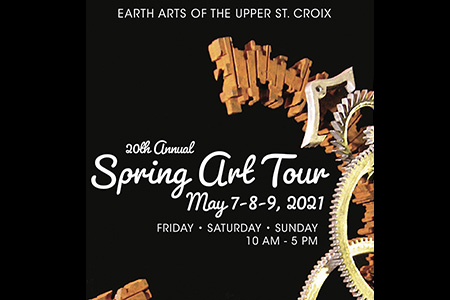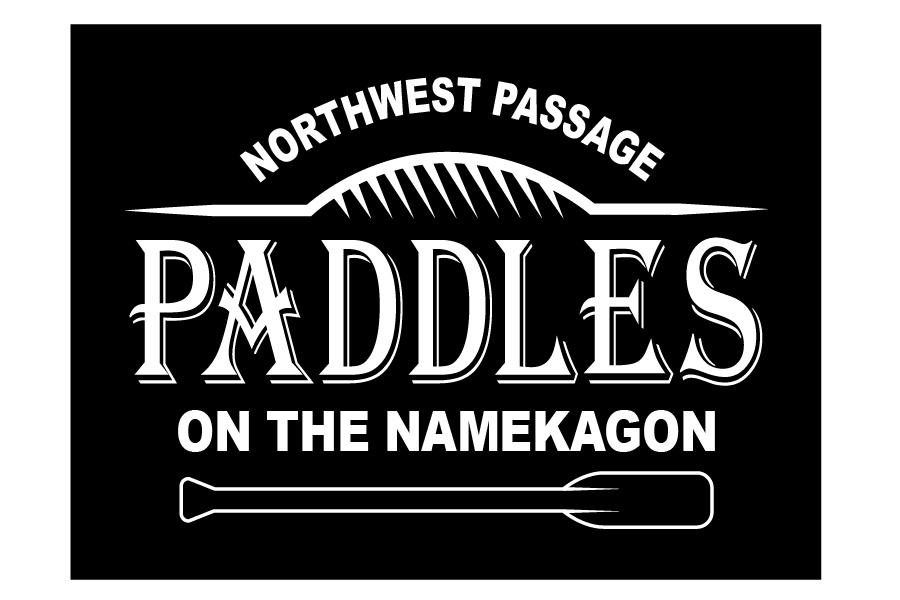by Angela Fredrickson, LCSW | Clinical Director
I have been inexplicably fascinated by horses for as long as I can remember. By the age of 13, I had pestered my parents (who did not have much of their own experience with horses) enough that they purchased me my very own horse. This has lead to a life in which I have always been in the presence of horses. My horses have helped to lift me out of despair and have been the source of great joy for me. They have been with me at every turn and they have inspired my career path.
I first witnessed horses helping humans in a planned and deliberate manner when I was 16 years old. I had the opportunity to observe a therapeutic riding session in which a tiny, vulnerable looking little girl was lifted from her wheelchair and onto the back of a horse. She proceeded to ride that horse through a series of obstacles and activities with a very un-vulnerable look of determination on her face. Shortly after this I began volunteering with therapeutic riding programs and eventually became certified as an instructor with the Professional Association of Therapeutic Horsemanship or PATH.
 The physical and emotional benefit of therapeutic riding was something I witnessed on a regular basis and that brought me to tears more than once. I watched children who repeatedly refused traditional physical therapy light up with excitement upon seeing the horses. I watched children beam with pride as they accomplished horsemanship tasks that their adult caregivers could not complete. I watched some of the most behaviorally disorganized, anxious children become centered and focused for longer and longer periods of time as they engaged in the therapeutic riding lesson.
The physical and emotional benefit of therapeutic riding was something I witnessed on a regular basis and that brought me to tears more than once. I watched children who repeatedly refused traditional physical therapy light up with excitement upon seeing the horses. I watched children beam with pride as they accomplished horsemanship tasks that their adult caregivers could not complete. I watched some of the most behaviorally disorganized, anxious children become centered and focused for longer and longer periods of time as they engaged in the therapeutic riding lesson.
As my career path brought me to the world of mental health, it was not much of a leap for me to think about the role of horses in interventions with clients. I learned about the Equine Assisted Growth and Learning Association or EAGALA and became certified as a mental health and equine specialist. Equine assisted therapy sessions were equally as powerful as the PATH sessions I had previously facilitated. Adolescents who refused to engage in traditional talk therapy or found themselves unable to articulate their thoughts or emotions were able to act out their deepest issues in the arena. I saw girls working through abusive relationships as they interacted with the horses. I saw boys labeled as violent or deviant taking the utmost care when negotiating tasks with their animal partners.
There are so many things I do not understand about the relationship we have with animals- horses specifically. I can’t begin to explain the force that drove me to a life with horses and the obsession that followed. I don’t know who ever dreamed up the idea of placing medically and/or cognitively fragile children on the backs of 1,000 pound animals, but I cannot deny the incredible physical and social benefits. I don’t know why the adolescent clients I work with today are compelled to build relationships with the horses and donkeys presented to them. I am baffled at the leaps of understanding that they make as they label the horses with concepts, the names of people in their lives, or emotions.
What is clear to me is the research and knowledge that has been used to harness the aforementioned inexplicable draw of humans to horses. Therapeutic riding utilizes the movement of the horse in a specific manner to loosen muscles and build core strength of the riders. The sense of efficacy that accompanies the mastery of the new skill of horsemanship boosts self-esteem. The riders are challenged to become more and more independent which often fosters a parallel process in their lives outside of the therapeutic riding arena.
Equine assisted psychotherapy or equine assisted learning utilizes the social behaviors displayed by horses to engage individuals and groups in interactions with one another. The tendency of humans to place meaning on virtually everything around them and the tendency of the horse to physically respond to the present moment leads to the externalization of problems and the creation of metaphor. These metaphors are explored and applied to daily living in a way that extends understanding to people’s lives outside of the therapeutic arena.
In this way, that which is not clearly understood (our draw toward horses), is used as a vehicle to deliver interventions that simply weren’t as accessible for clients in other forms, such as traditional talk therapy.
At Northwest Passage, the EAGALA model is used with individual clients, client groups, and in team building activities with staff members. Clients often work through difficult group dynamics with their peers or the intervention is used to emphasize a particular skill or concept they have been learning in other parts of their programming. Invariably those that engage in horse therapy report enjoying some aspect of the opportunity and many report gaining new insights about some aspect of their treatment.
LEARN MORE:
EQUINE ASSISTED THERAPY at NORTHWEST PASSAGE:
back to the blog!





Recent Comments